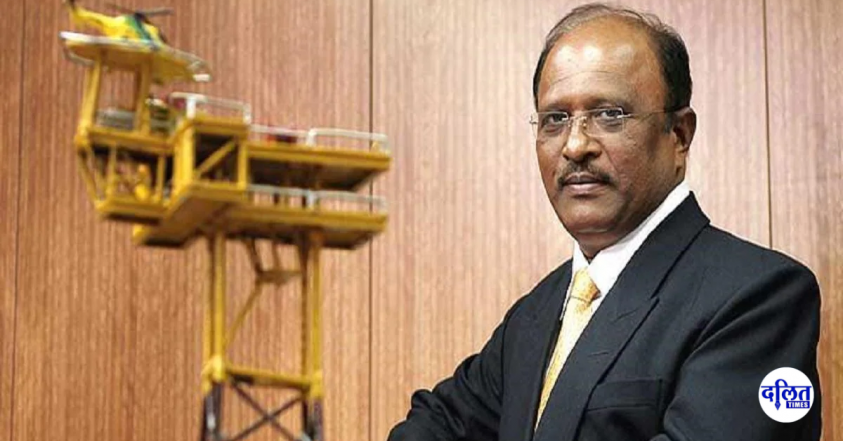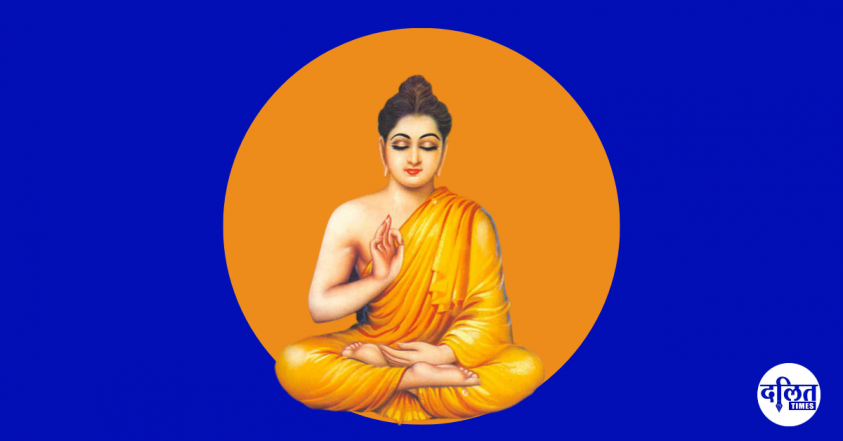The fight to legalise same-sex marriage in India has been going on for years. Even now, same-sex marriages are illegal, as under the constitution, marriage is a union that is possible only between a biological male and a biological female. Even though Section 377 of the Indian Penal Code that criminalised homosexuality was overturned in 2018, it stopped short of legalising a marriage union between same-sex couples.
Story: Avani Kulshreshtha
A five-judge bench was set up and ruled in a 3:2 verdict against giving constitutional validity to homosexual marriage while stating that it is up to the parliament as well as the state legislatures to formulate laws on this important issue. The court also added that marriage is not static and that queer people also have an equal right to enter into a socially acceptable union, but also said that there is no fundamental right to marry mentioned in the Indian Constitution.
Some lawyers use the Personal Data Protection Bill introduced in 2020 to fight for legalising homosexual marriage unions as it talks about the right to privacy. They argue that it recognizes the right of individuals to have control over their personal lives. Historical context includes British colonial-era laws like Section 377, which persisted post-independence until being reinstated in 2013, and ultimately overturned again in 2018, marking progress for LGBTQ+ rights.
Also read: ‘Honour Killings’: Lower caste man beheaded in Tamil Nadu over attempted inter-caste marriage.
Despite facing hardships and no apparent societal acceptation, LGBTQ+ individuals continuously fight for their rights. It is also equally harder for transgender individuals, as they too face stigma and have limited and biased access to education, healthcare, employment and more.

During the early 20th century, Raghunath Dhondo Karve, a pioneer from Maharashtra, fearlessly broached subjects such as sex education, family planning, nudity, and morality in his magazine “Samaj Swasthya.” Despite facing significant opposition from conservative factions, Karve’s rational and scientifically backed insights found support from allies like Barrister BR Ambedkar. This historical context underscores the ongoing struggle for LGBTQ+ rights in India and the importance of advocating for equality and acceptance.
Also read: Uttar Pradesh : Gonda man rapes Dalit woman, forces conversion.
The path of legalisation of same-sex marriage in India remains challenging, yet ongoing advocacy and legal efforts offer hope for future equality and acceptance. It is a difficult law to pass in India, where even in the 21st century, some sections of the society are orthodox and not as accepting. There is still a long way to go for the LGBTQ+ community, and the first step towards a warmer and more acceptable society is the legalisation of homosexual unions.



